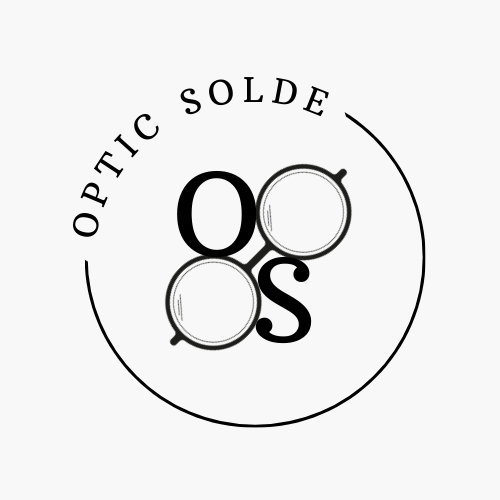Taking Care of Your Eyes Beyond Prescription Glasses
Our eyes are an essential part of our daily lives, allowing us to see and appreciate the world around us. However, many people tend to neglect their eye health, relying solely on prescription glasses to correct their vision. While wearing glasses is necessary for some individuals, it is crucial to understand that taking care of your eyes goes beyond the use of corrective eyewear. In this article, we will discuss the importance of eye care beyond prescription glasses and provide tips to maintain healthy eyesight.
Sub-heading 1: The Importance of Eye Care
It is common for people with vision problems to solely rely on prescription glasses or contact lenses to correct their eyesight. However, using corrective eyewear does not mean that you are actively taking care of your eyes. Eyeglasses and lenses assist in improving vision but do not address many other aspects of eye health. By focusing solely on wearing glasses, individuals may neglect the overall well-being of their eyes, which can lead to various issues in the long run.
Sub-heading 2: Tips for Maintaining Healthy Eyesight
1. Regular Eye Exams: One of the most crucial steps towards maintaining healthy eyesight is to schedule regular eye exams. Even if you wear prescription glasses, it is essential to have your eyes examined by a professional on a yearly basis. Eye exams can detect early signs of eye diseases, such as glaucoma or macular degeneration, and provide necessary interventions to prevent further damage.
2. Proper Nutrition: A balanced diet rich in nutrients is not only beneficial for your overall health but also plays a key role in maintaining good eyesight. Foods such as leafy green vegetables, citrus fruits, nuts, and fish provide essential vitamins and minerals like vitamin C, E, zinc, and omega-3 fatty acids, which promote eye health. Incorporating these foods into your daily diet can help protect your eyes from age-related issues.
3. Rest Your Eyes: In today’s digital era, staring at screens for prolonged periods has become the norm. However, extensive screen time can strain your eyes and lead to conditions like computer vision syndrome. To prevent this, follow the 20-20-20 rule, which suggests taking a 20-second break every 20 minutes to look at something 20 feet away. Additionally, minimize screen exposure before bedtime to improve sleep quality and reduce eye strain.
4. Protect Your Eyes: Shielding your eyes from harmful ultraviolet (UV) rays is crucial in maintaining eye health. When exposed to excessive UV radiation, the risk of cataracts, macular degeneration, and other eye diseases increases. Therefore, always wear sunglasses that offer 100% UV protection when outside. It is also advisable to wear protective eyewear when participating in sports or engaging in activities that could result in eye injuries.
5. Practice Good Hygiene: Proper eye hygiene is essential to prevent eye infections and irritation. Always wash your hands before touching your eyes or applying contact lenses. Avoid rubbing your eyes excessively, as this can introduce bacteria into the eye and potentially cause infections. Additionally, regularly clean your contact lenses and contact lens cases to prevent the buildup of harmful bacteria.
In conclusion, taking care of your eyes involves more than just using prescription glasses. While glasses may correct your vision, it is essential to prioritize overall eye health. By following the tips provided above, such as scheduling regular eye exams, maintaining a nutritious diet, giving your eyes breaks, protecting them from UV rays, and practicing good hygiene, you can ensure the longevity of your eye health and enjoy clear vision for years to come.
